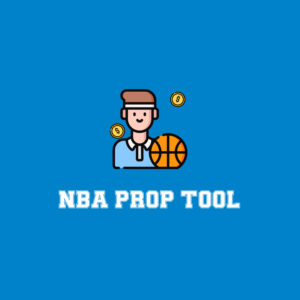
The deeper into the NBA playoffs we go, the closer we get to the championship. The closer we get to the championship, the more people start to ask questions about hedging their live futures bets. Shakespeare said to be or not to be is the question, but to hedge or not to hedge seems to be the question I am seeing most often.
Unfortunately, there is no simple answer.
What does it mean to hedge a bet?
The first thing we want to do is discuss what hedging is. Hedging is a tool that gamblers use to either limit their downside or guarantee themselves a small profit regardless of the outcome. In order to hedge, you need to have a futures bet where the team is still alive in the playoffs to cash it. At the start of any season, every team is theoretically alive to win a championship. Every team is available to bet on early in a season, from favorites to longshots. As the season goes on, the odds change based on how well or how poorly a team is playing. Some teams are eliminated from contention, which makes the potential pool of winning teams smaller.
Every series of the playoffs, we have one team move on and one team go home. That means every round the number of potential winners gets cut in half, and as teams get closer to winning the prize, the odds continue to dwindle. A team that was 20-1 to start a season may only be 5-1 if they are one of the last four teams remaining. Unless they win it all though, you do not get paid on the 20-1 ticket you were holding from the start of the year, nor the 5-1 you could get betting on them closer to the title game.
If that 20-1 team does end up making it to the finals and you are holding a ticket, you now have some options. If they are favored to win the championship now, you could see a situation where you are holding a 20-1 ticket and now have an opportunity to bet some amount on the other team that guarantees that in the worst case you break even or make money no matter who wins. This bet taking the opposite side of your original play is what gamblers call hedging.

When should I think about hedging?
Hedging is a lot like the pirate code: It’s more of a list of guidelines than hard and fast rules.
It is also a decision that has a lot of angles to consider. Here is a list of those considerations to think about before you go ahead and give up some potential profits.
1. What is your tolerance for risk?
Some people cannot stand the thought of losing money when they are that close to winning some. They would rather guarantee some profit than take a chance at a bigger score. If you are one of those people, then hedging is probably for you. If you are like me and would rather take a chance at the bigger payout, then trust your initial instinct and let it ride.
2. Does your original bet have the potential to win a life-changing amount?
If you bet $100 on a team that is 3-1 and ask me whether you should be hedging it, I’ll probably ignore your question. It’s not out of arrogance or disdain, but hedging a $100 bet that only has an upside of $300 is not exactly the idea here. Now if you bet a team early in the year at 100-1 for $100, that could be a potential $10,000 payout. If they make it to the finals, now hedging might be considered. Everyone is different. I cannot tell you what the level is for you. Maybe you are Jeff Bezos and that $10,000 means very little to you. Maybe you are down on your luck and guaranteeing yourself $4,000 either way is appealing. Maybe that $4,000 will change your life. Nine times out of 10, though, the answer to this question is no. The amount of potential winnings is probably not going to change your life. If that is the case, avoid giving up your upside to the hedge. If it is potentially life-changing money, then you should definitely be doing the math to see if you can properly protect yourself from the chance of walking away with nothing.
3. How much do I bet on my hedge?
Again, this is subjective and different for every person. The math is easy, though. If you are holding a $100 ticket on Team A at 20-1, that would potentially be a $2,000 payout. After months of fighting, your 20-1 shot ends up in the championship game. If you deem this to be a hedge situation, how much should you bet on the other side? The amount is based on the odds of that other team to win the series or the championship at the time. For all the potential calculations, this is the most important.
The first thing you might want to try is to limit your risk to zero. If Team A wins, you $100 turns into $2,000. If they lose, you get nothing. If Team B is even money to win the series, you could effectively bet $100 on them to hedge. If Team B wins that $100 bet, you get paid $100 to cover the bet you originally made at 20-1. Thus, hedging is a way to guarantee that you break even in a worst-case scenario. You end up with a relatively low-risk, potentially high-reward situation.
You can also hedge in such a way that no matter who wins you lock in some of those profits. If you are holding a ticket on Team A at 20-1, you may be able to bet some amount at the listed odds that guarantees no matter who wins you take about the same amount from each if you hedged it. Theoretically speaking, you lose interest in a tournament when and if you employ the hedge secrets. By hedging, you are basically saying that no matter who wins, you actually win, as long as you sized the responses properly.
Overall, hedging is a personal question. Unless you want people all up in your business about it, keep it that way. If the amount of money you could win is significant, if you are someone who cannot tolerate risk, or if you just want to lock in profits, then hedging might be for you. If you are like me and would prefer that opportunity to make a bigger life-changing type of score and are OK with losing it all if you are wrong, then welcome to my world. There is no wrong answer to whether you should hedge, but at least now you have enough of the guidelines to know if you should or not.
Sign up for Tipico Sportsbook now!
- Straight cash
- Proprietary odds, daily boosts, and promos
- Lightning-fast app, easy withdrawal








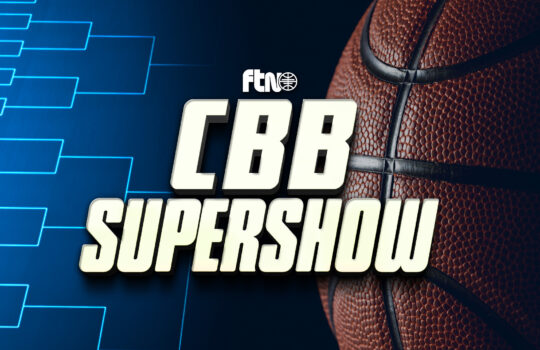

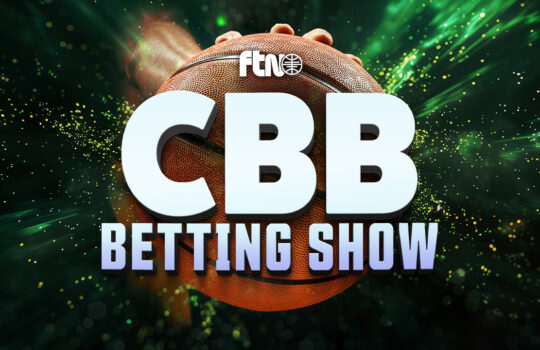









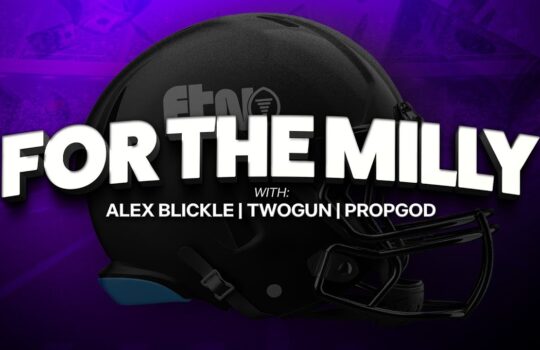









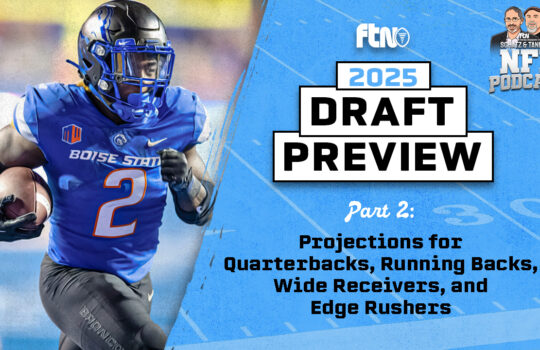

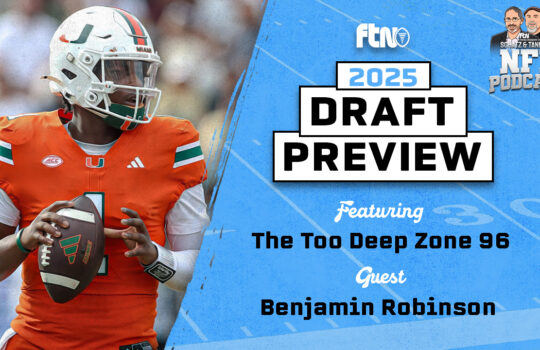










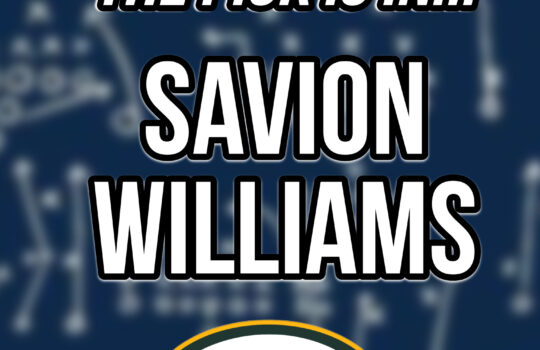


 New York Jets
New York Jets  New England Patriots
New England Patriots 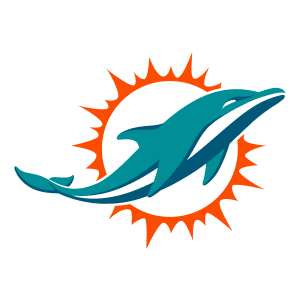 Miami Dolphins
Miami Dolphins  Buffalo Bills
Buffalo Bills  Pittsburgh Steelers
Pittsburgh Steelers  Cleveland Browns
Cleveland Browns  Cincinnati Bengals
Cincinnati Bengals  Baltimore Ravens
Baltimore Ravens 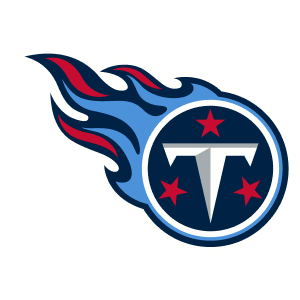 Tennessee Titans
Tennessee Titans  Jacksonville Jaguars
Jacksonville Jaguars  Indianapolis Colts
Indianapolis Colts  Houston Texans
Houston Texans  Las Vegas Raiders
Las Vegas Raiders  Los Angeles Chargers
Los Angeles Chargers  Kansas City Chiefs
Kansas City Chiefs  Denver Broncos
Denver Broncos  Washington Commanders
Washington Commanders  Philadelphia Eagles
Philadelphia Eagles  New York Giants
New York Giants  Dallas Cowboys
Dallas Cowboys  Minnesota Vikings
Minnesota Vikings  Green Bay Packers
Green Bay Packers  Detroit Lions
Detroit Lions  Chicago Bears
Chicago Bears  Tampa Bay Buccaneers
Tampa Bay Buccaneers  New Orleans Saints
New Orleans Saints  Carolina Panthers
Carolina Panthers  Atlanta Falcons
Atlanta Falcons  San Francisco 49ers
San Francisco 49ers  Seattle Seahawks
Seattle Seahawks  Los Angeles Rams
Los Angeles Rams  Arizona Cardinals
Arizona Cardinals 

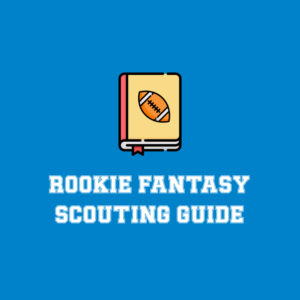
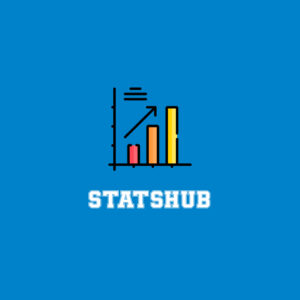



 Boston Celtics
Boston Celtics  Brooklyn Nets
Brooklyn Nets  Philadelphia 76ers
Philadelphia 76ers  New York Knicks
New York Knicks  Toronto Raptors
Toronto Raptors  Chicago Bulls
Chicago Bulls  Detroit Pistons
Detroit Pistons  Milwaukee Bucks
Milwaukee Bucks  Cleveland Cavaliers
Cleveland Cavaliers  Indiana Pacers
Indiana Pacers  Orlando Magic
Orlando Magic 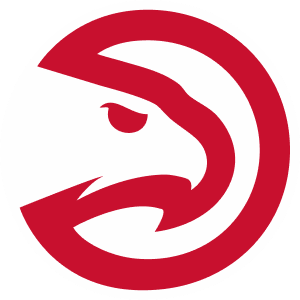 Atlanta Hawks
Atlanta Hawks  Charlotte Hornets
Charlotte Hornets  Miami Heat
Miami Heat  Washington Wizards
Washington Wizards  Denver Nuggets
Denver Nuggets  Minnesota Timberwolves
Minnesota Timberwolves  Oklahoma City Thunder
Oklahoma City Thunder  Portland Trail Blazers
Portland Trail Blazers  Utah Jazz
Utah Jazz  LA Clippers
LA Clippers  Golden State Warriors
Golden State Warriors  Los Angeles Lakers
Los Angeles Lakers  Phoenix Suns
Phoenix Suns  Sacramento Kings
Sacramento Kings  Dallas Mavericks
Dallas Mavericks  Houston Rockets
Houston Rockets  Memphis Grizzlies
Memphis Grizzlies  New Orleans Pelicans
New Orleans Pelicans  San Antonio Spurs
San Antonio Spurs 



